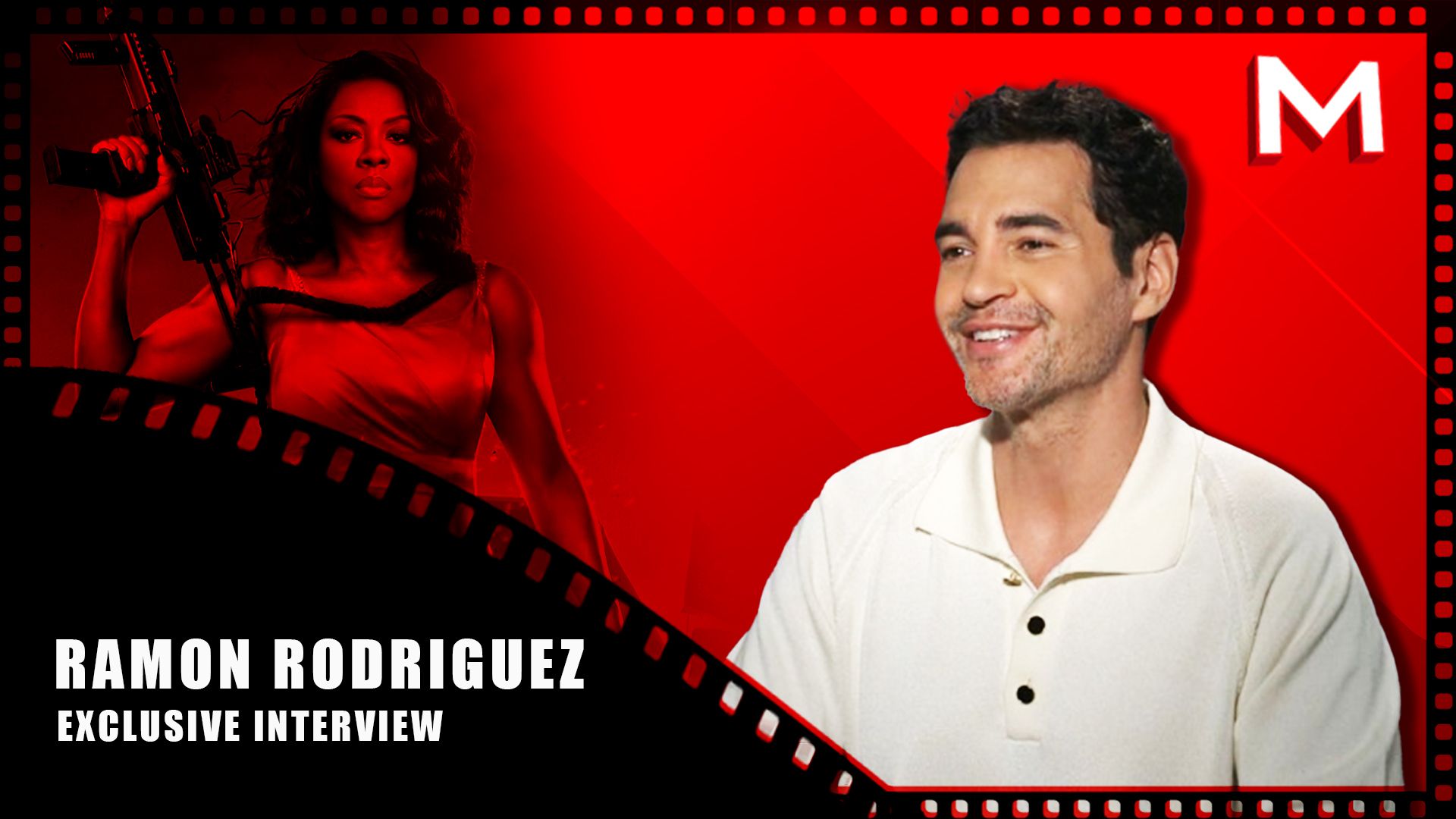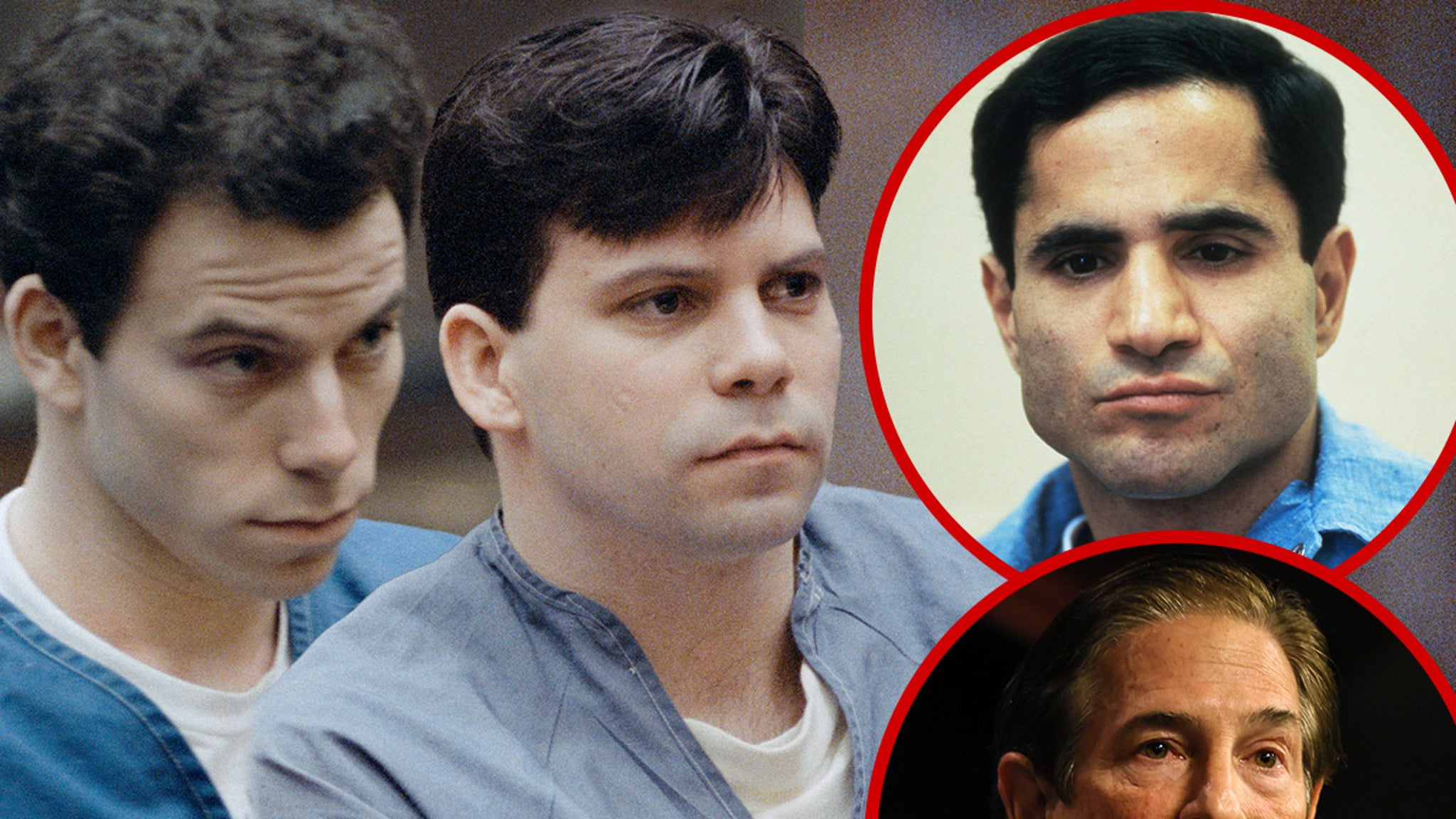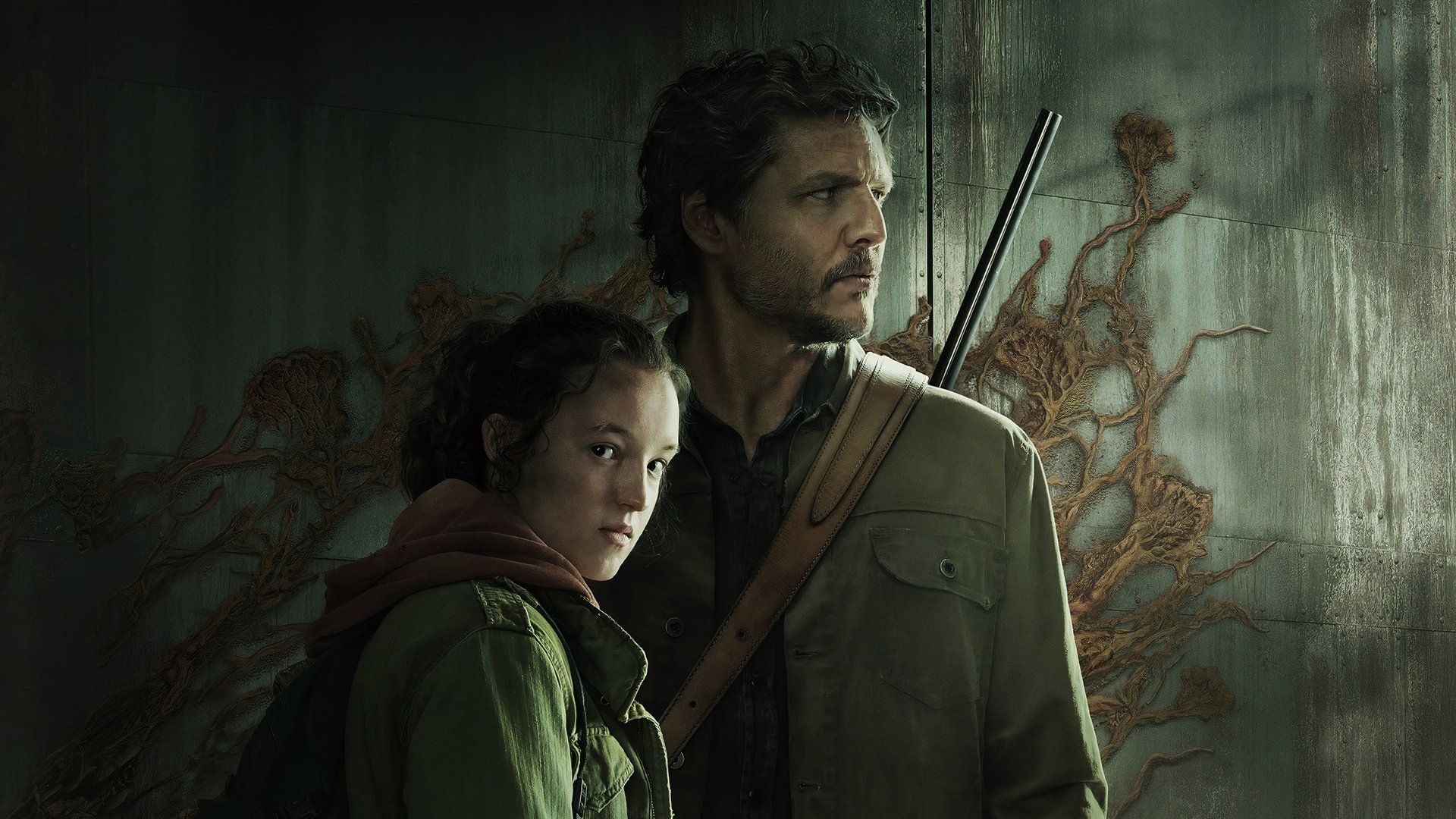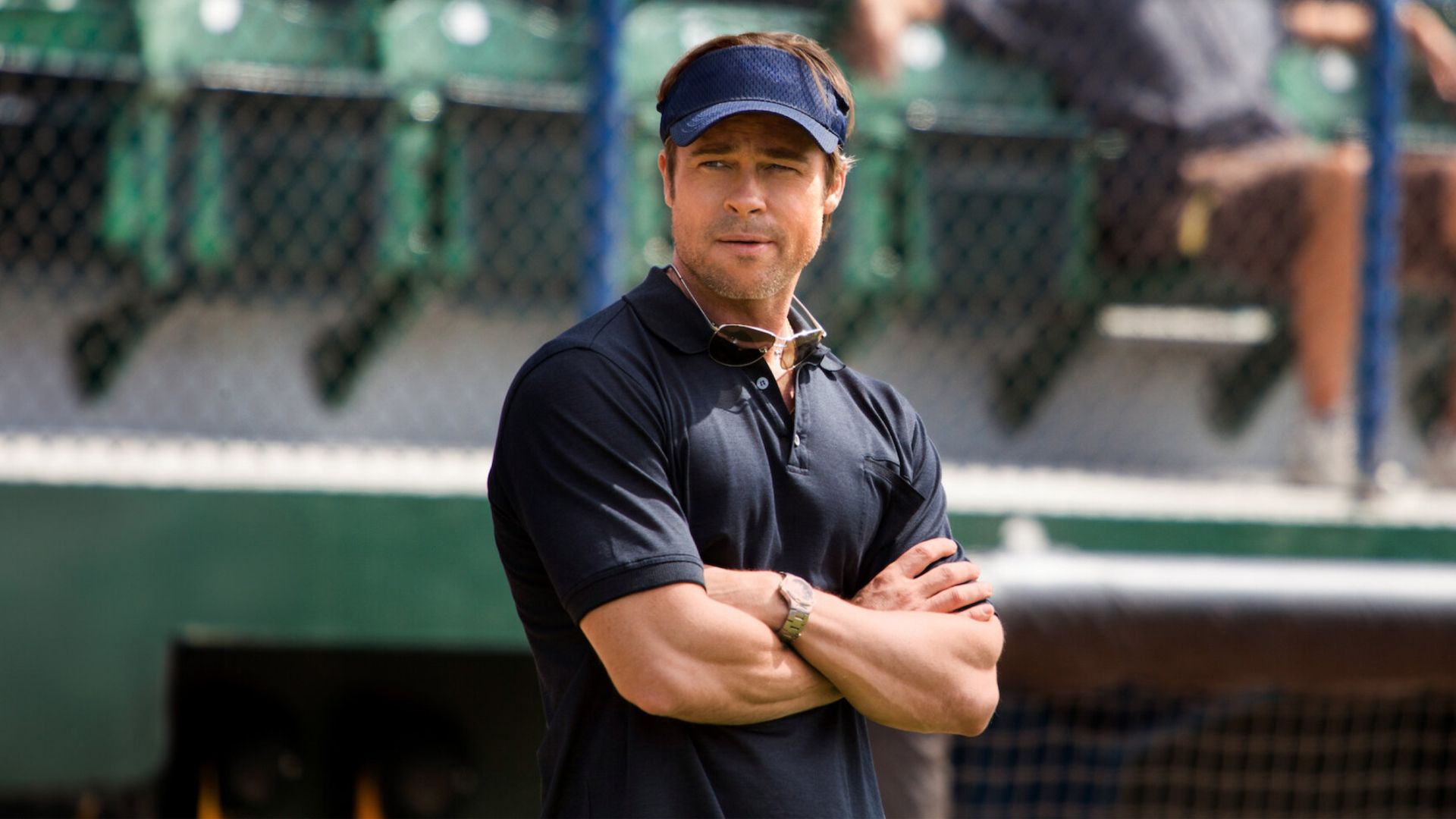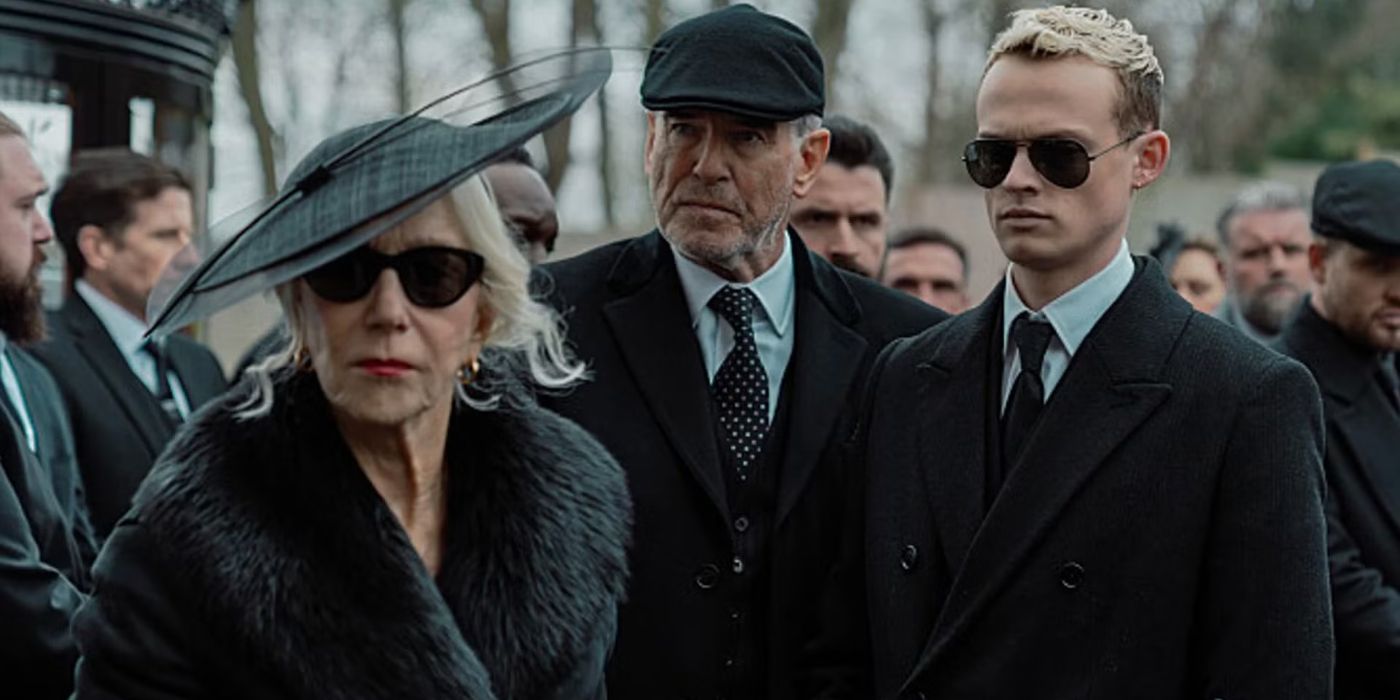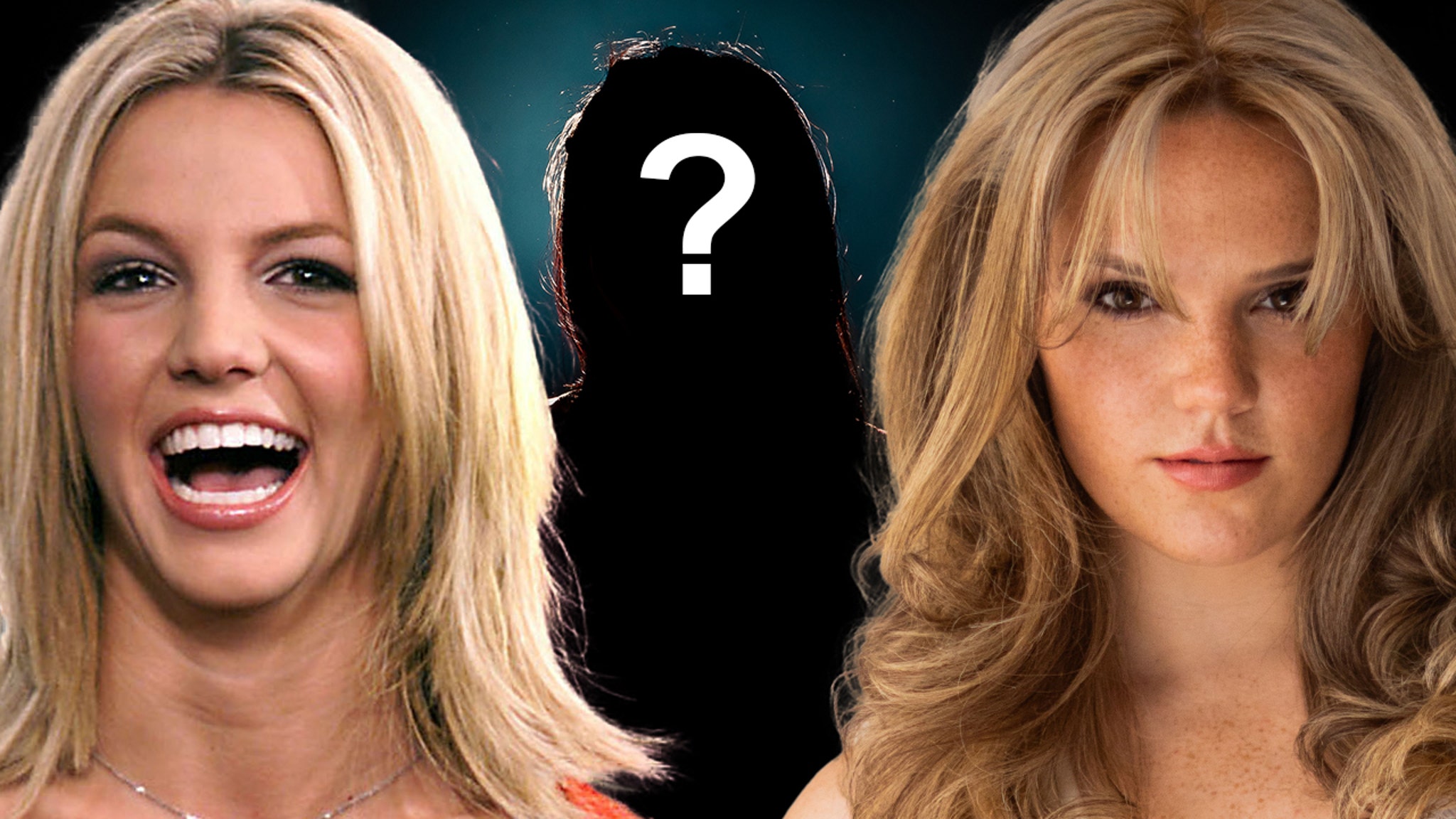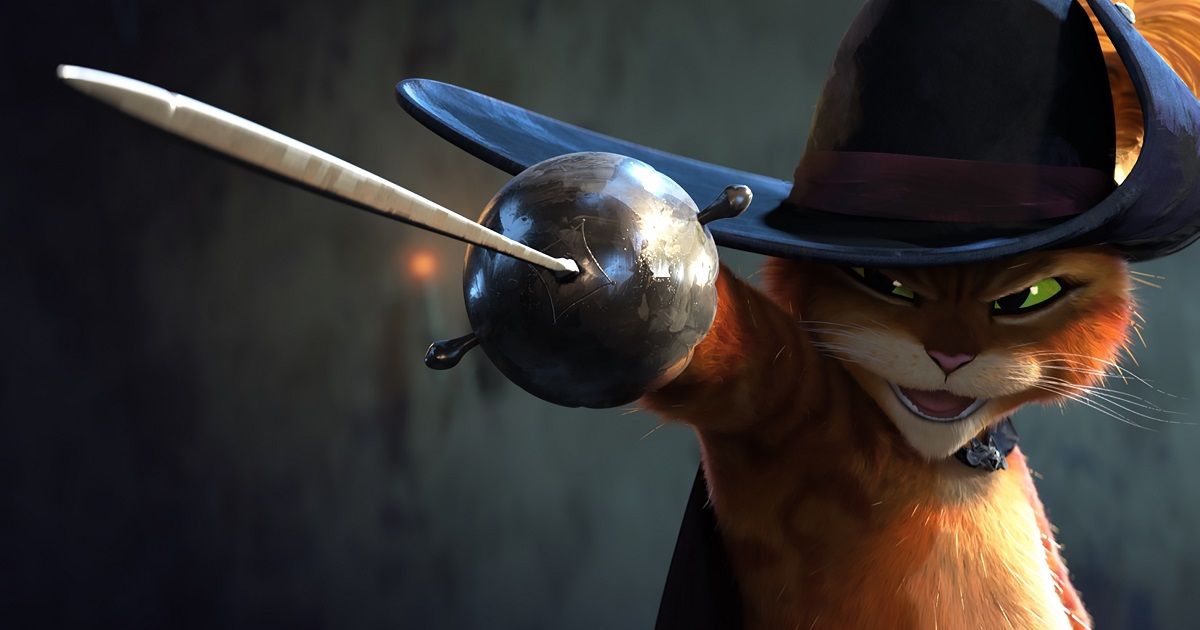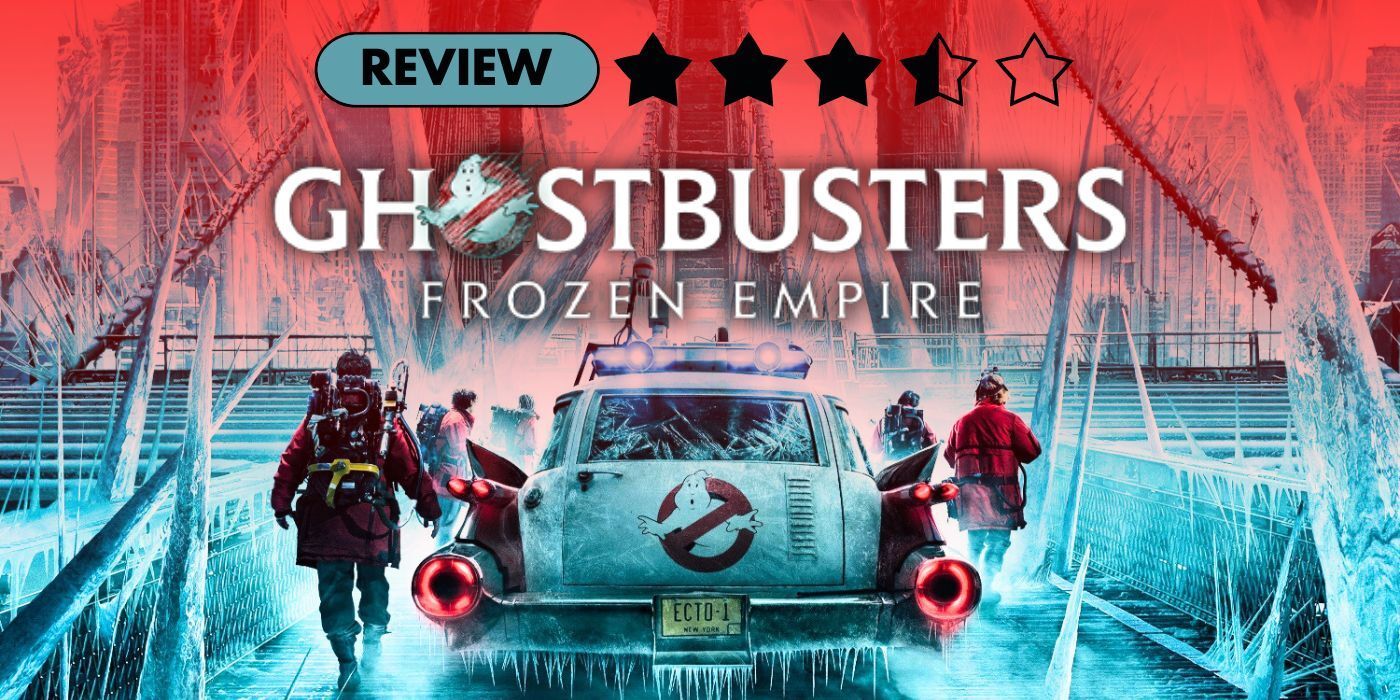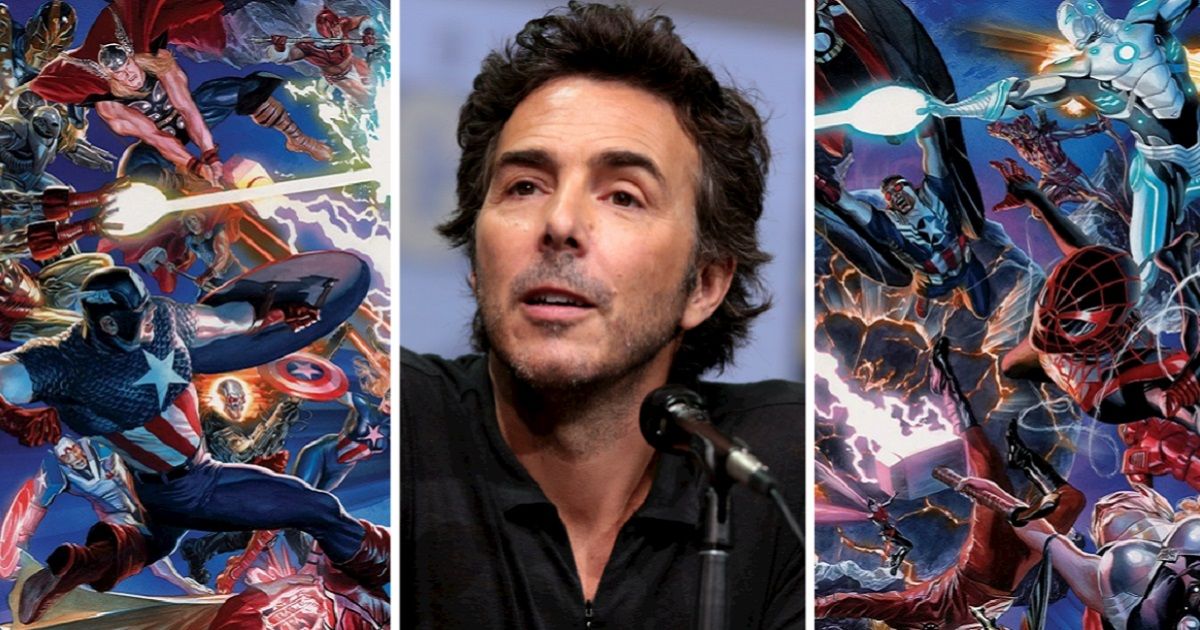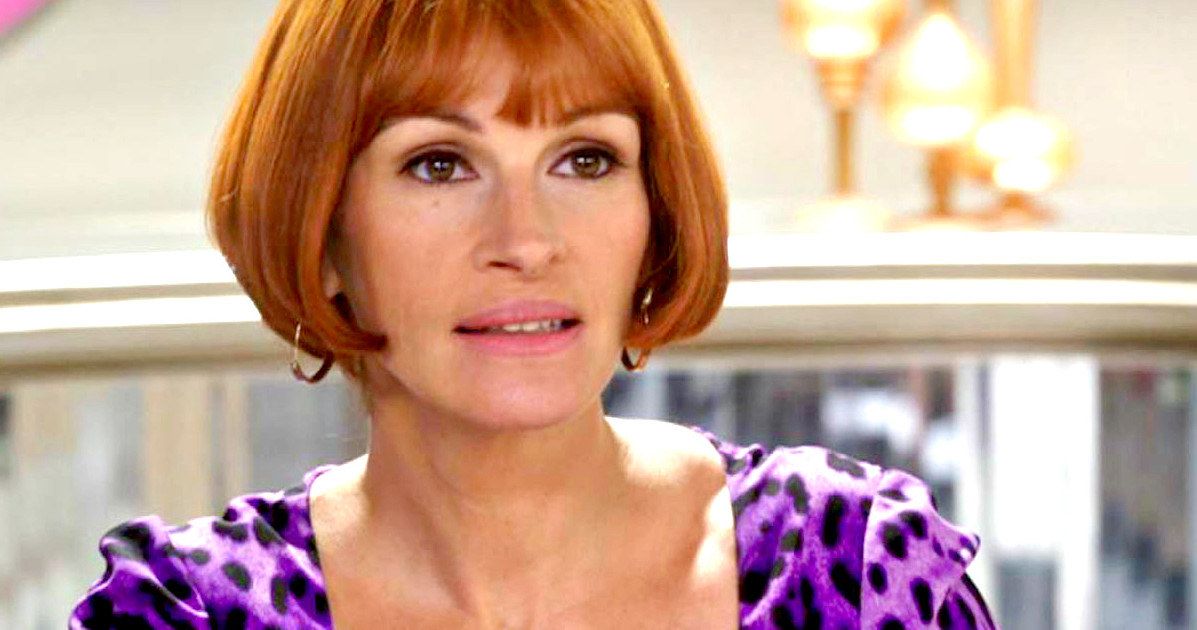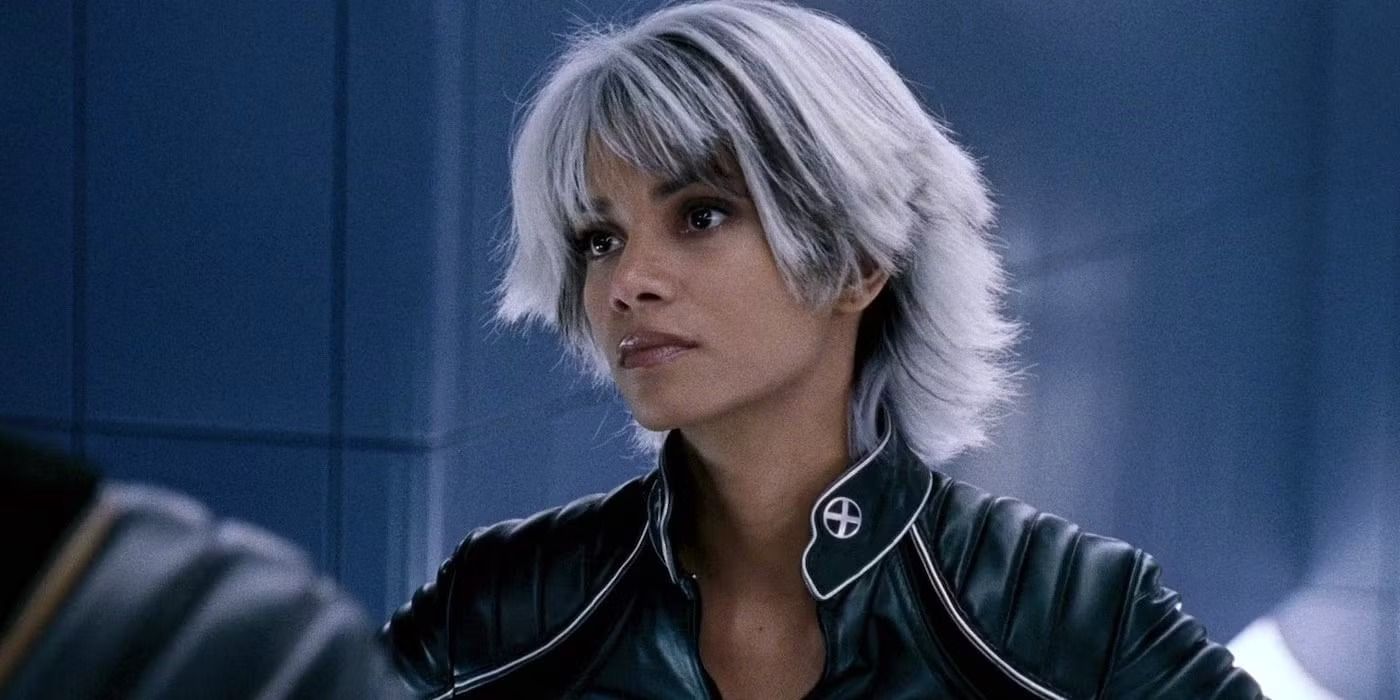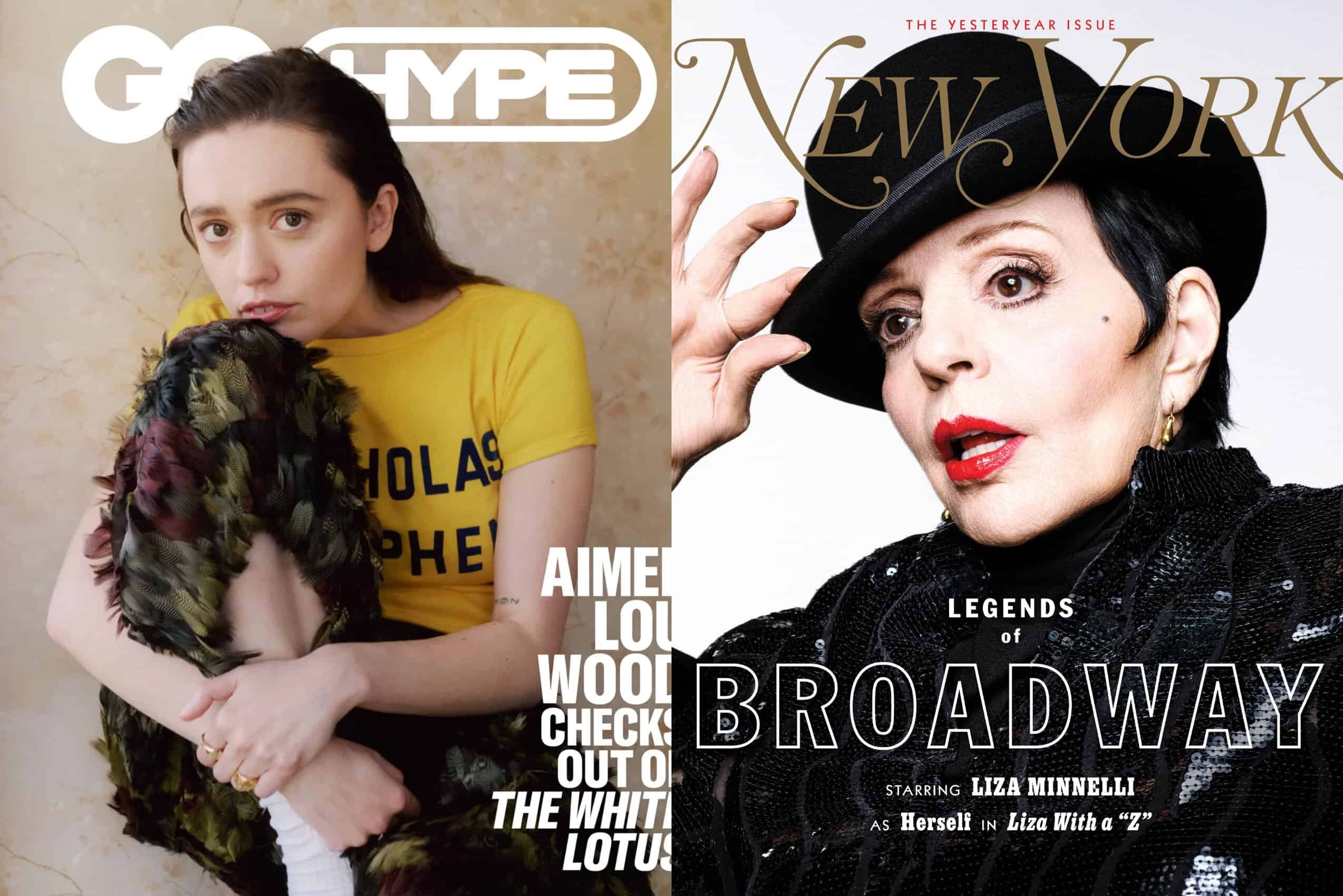An early scene shows the mother and her two kids about to enter a shop but stopping upon seeing two signs in the storefront, one that reads “No Dogs Allowed,” and just above that another one with the legend, “No Jews Allowed.”
Roth’s strongest, but definitely on-the-nose point uses the dogs to speak of the dehumanization of the Jewish people and how the Nazi’s obsession with racial purity extended to animals. As the father tries to sell some of their dogs, a blond German man questions him about the breed of the animals. Later, after the family is separated, and the plot reunites Caleb and Joshua inside the same concentration camp, the notion of animalistic behavior is employed to refer to the SS officers.
Shot in Hungary with an international cast, the production feels bizarrely put together. Its budget appears substantial enough to secure locations and/or sets that convincingly convey the desired illusion of the historical period, and yet the flat lighting and generic score makes it aesthetically amateurish. It’s as if every resident of a small town got together to reenact scenes and shoot them with the best equipment they could get their hands on, but in the end the lack of professional creativity shows through.
Nonetheless, the stale form isn’t the most disappointing variable of this barely competent work, but the performances that border on cartoonish. An inconsistent and honestly risible array of accents, that clearly don’t respond to any one nationality or region, only play against the already platitudinous writing.
Maturo (from Disney Channel’s “Girl Meets World”), the young actor driving this clunky dramatic vehicle, nails a few of the less emotional scenes. But for the most part, and likely due to the direction, he falls prey to overacting in those moments that require him to cry or deliver a furious speech. In the hands of a more adroit filmmaker, he might be able to modulate the emotion for a more believable outcome.
You can view the original article HERE.

